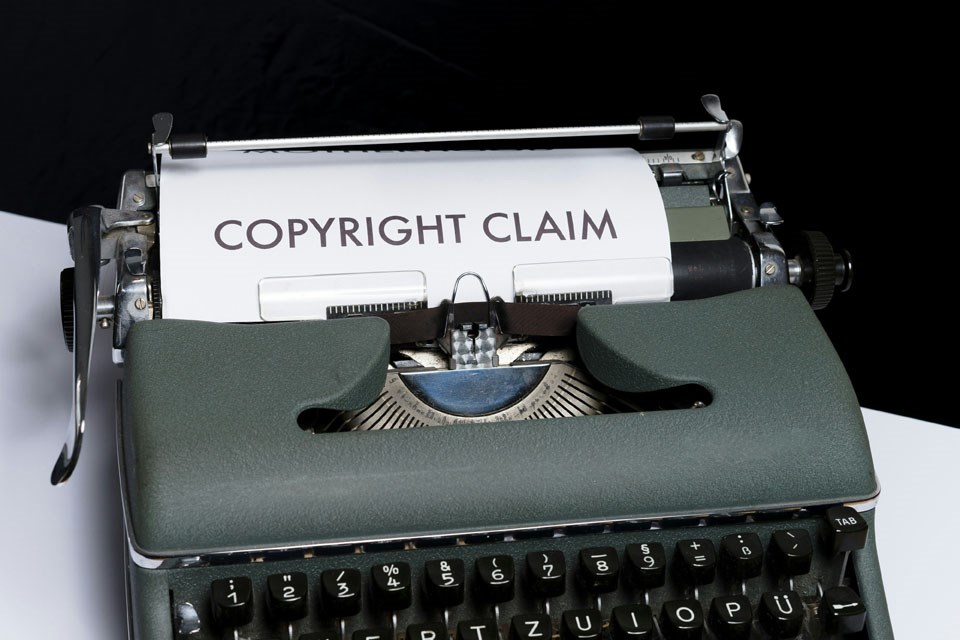Greetings from Terminal 8 at JFK. I'm on my way to Newport Beach to keynote at the AWS ExecLeaders Summit.
In the news: In case you didn't know, today, whether or not you register your work with the copyright office, everything you create is immediately protected by U.S. copyright law. This has been true for your entire life, but the value of that constitutional protection may soon change.
On Saturday, May 11, the president fired Shira Perlmutter, the head of the U.S. Copyright Office. The timing was extraordinary: her office had released a just two days earlier (on Friday, May 9), concluding that many current AI training practices likely exceed the boundaries of fair use. No matter your politics, there are two sides to this story, both of which demand serious consideration.
The Constitutional Foundation
Copyright protection isn't just legal doctrine, it's a constitutional right. Article I, Section 8 grants Congress the power "to promote the Progress of Science and useful Arts, by securing for limited Times to Authors and Inventors the exclusive Right to their respective Writings and Discoveries." This isn't an abstract principle. It's the foundation of how we balance innovation with creator compensation.
What Was Actually Said
The Copyright Office's Copyright and Artificial Intelligence Part 3: Generative AI Training deserves careful reading. It acknowledged that "training a generative AI foundation model on a large and diverse dataset will often be transformative" under fair use analysis. However, it draws a crucial distinction: using copyrighted works for research and analysis likely qualifies as fair use, but "making commercial use of vast troves of copyrighted works to produce expressive content that competes with them in existing markets, especially where this is accomplished through illegal access, goes beyond established fair use boundaries."
The report isn't anti-innovation. It recommends against immediate government intervention, suggesting that voluntary licensing markets should develop organically. This measured approach reflected extensive public input: more than 10,000 comments from stakeholders across 50 states and 67 countries.
The Business Reality
Contemporary AI companies face a fundamental cost structure problem. Training state-of-the-art models requires enormous datasets; ChatGPT is estimated to have used more than 300 billion words for training. Acquiring licensing rights for such volumes at market rates would fundamentally alter the economics of AI development.
The Creator Perspective
For artists, writers, journalists, and other content creators, this represents an existential threat. If AI systems can generate substitutes for human creative work using unauthorized training data, the economic foundation of creative industries erodes. The Constitution's copyright clause exists precisely to ensure creators can derive economic benefit from their work, incentivizing continued creative output.
The Questions We Must Ask
What constitutes protectable intellectual property in the age of AI? Should a romance novelist have recourse if an AI generates similar works after training on their complete bibliography? How do we balance the transformative potential of AI with fundamental property rights? Should we prioritize unrestricted AI development or enforce existing intellectual property frameworks? Can we find middle ground that protects creators while enabling technological advancement?
This shouldn't be about politics (not that we have any choice). Our copyright laws are centuries old. AI capable of upending them has been around for less than a planning cycle, and it's evolving faster than any previous technology ever has.
If you have a point of view about this, today is the time to contact your elected officials and let them know. A call, an email, a blog or social media post. Make yourself heard! Today. Right now.
As always your thoughts and comments are both welcome and encouraged.
Shelly Palmer is the Professor of Advanced Media in Residence at Syracuse University’s S.I. Newhouse School of Public Communications and CEO of The Palmer Group, a consulting practice that helps Fortune 500 companies with technology, media and marketing. Named he covers tech and business for , is a regular commentator on CNN and writes a popular . He's a , and the creator of the popular, free online course, . Follow or visit .




